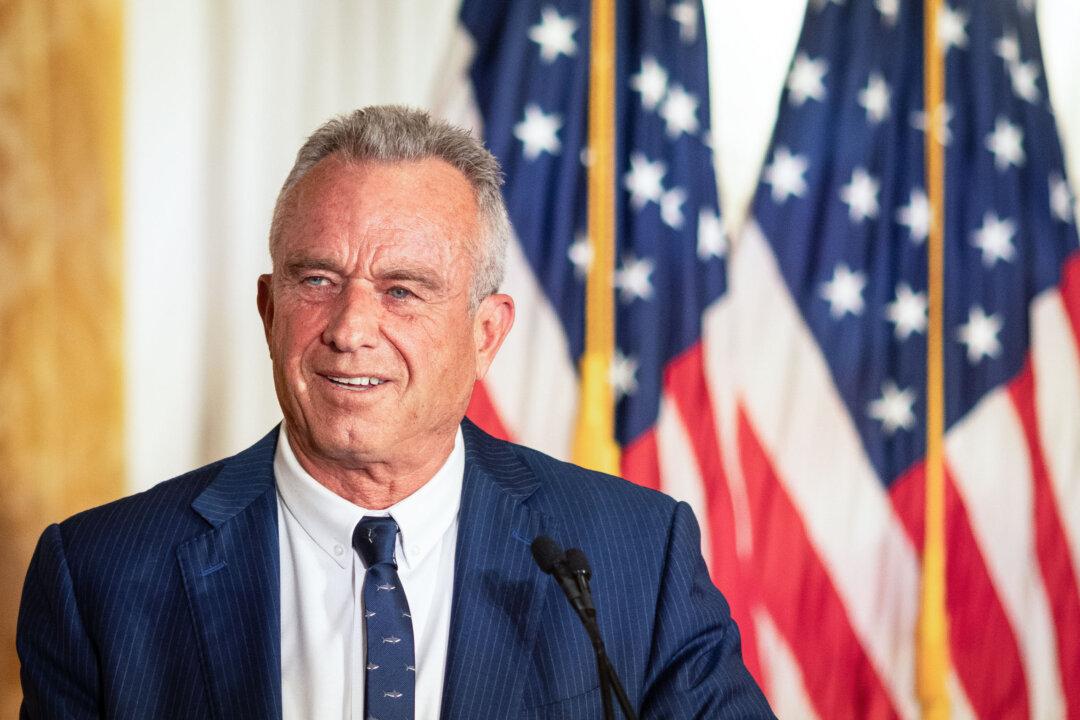Alejandro Mayorkas, the Homeland Security (DHS) secretary, said on July 15 that Secret Service protection will be extended to independent presidential candidate Robert F. Kennedy Jr.
“In light of this weekend’s events, the president has directed me to work with the Secret Service to provide protection to Robert Kennedy Jr.,” Mr. Mayorkas said.






